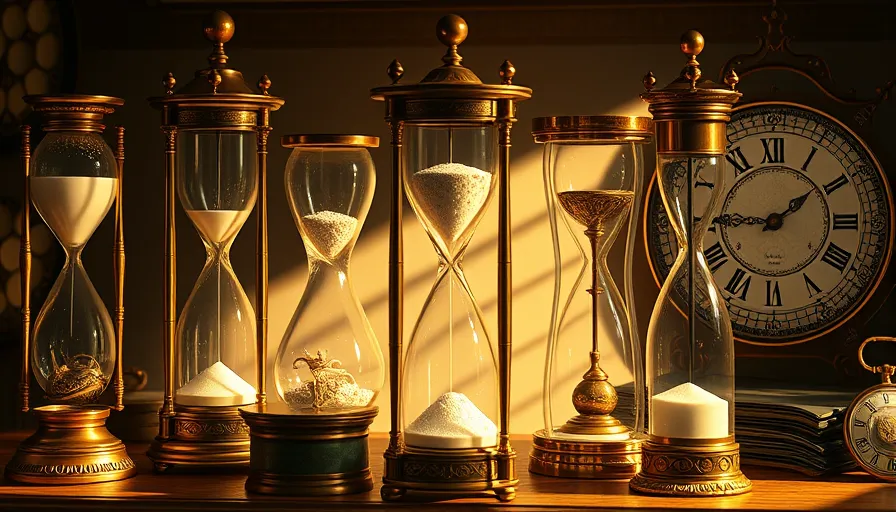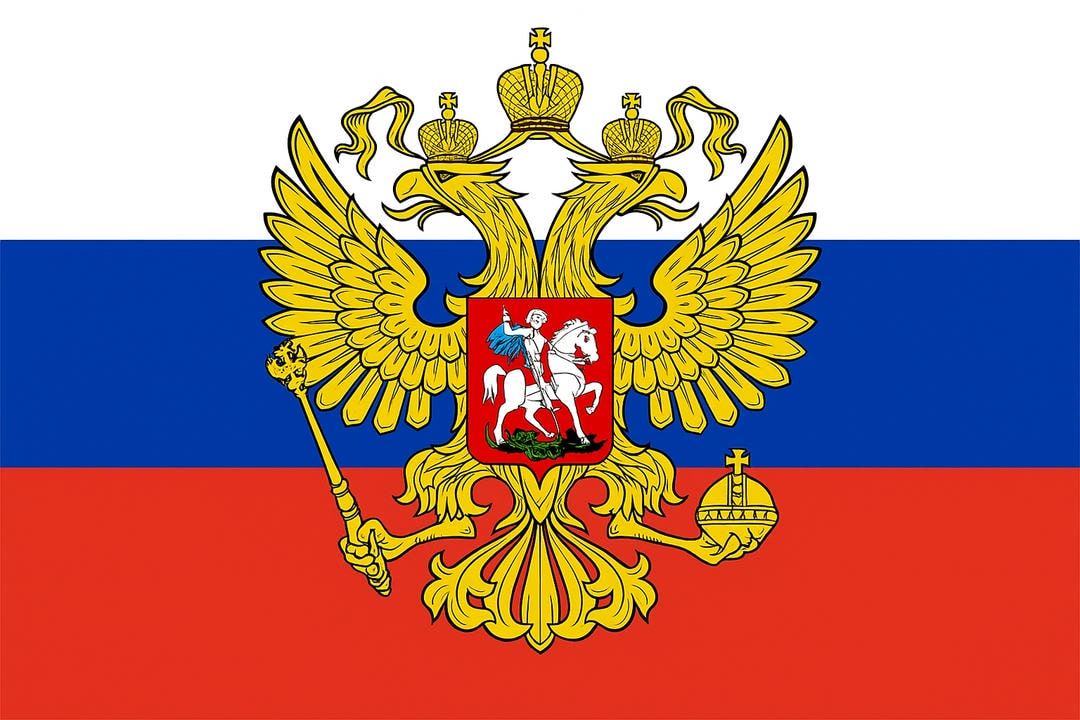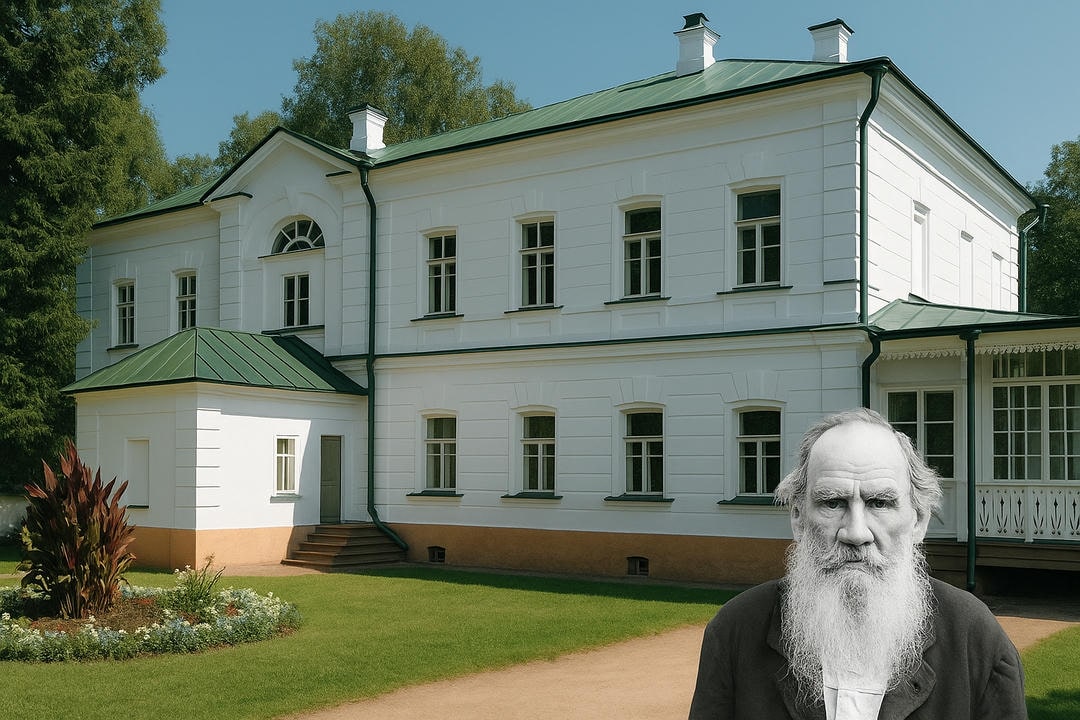| Russian | English |
|---|---|
| время | time |
| часы | clock |
| минута | minute |
| секунда | second |
| день | day |
| неделя | week |
| месяц | month |
| год | year |
| сегодня | today |
| вчера | yesterday |
| завтра | tomorrow |
| вторник | Tuesday |
| среда | Wednesday |
| четверг | Thursday |
| пятница | Friday |
| суббота | Saturday |
| воскресенье | Sunday |
| январь | January |
| декабрь | December |

Brief history of some Russian words related to time:
Word searches can be an effective tool for learning a foreign language due to several cognitive and educational benefits they provide. Here are the key ways in which they facilitate language acquisition. This one will focus on the Russian units and words of time.
Origins and Evolution
Время (vremya) – “time”
This word has ancient Slavic roots, derived from the Proto-Slavic *vertmę, meaning “that which turns or rotates”. It’s connected to the cyclical nature of time, seasons, and celestial movements.
День (den’) – “day” and Неделя (nedelya) – “week”
These words have Indo-European origins. “День” comes from the Proto-Slavic *dьnь, while “неделя” originally meant “day of rest” or “Sunday”[1]. In modern Russian, “неделя” refers to a full week.
Месяц (mesyats) – “month”
This word has dual meanings in Russian – both “month” and “moon”. It stems from the Proto-Slavic *měsęcь, reflecting the historical connection between lunar cycles and time measurement.
Days of the Week
The names of weekdays in Russian have interesting etymologies:
Вторник (vtornik) – “Tuesday”
Derived from “второй” (vtoroy), meaning “second”, as it’s the second day of the week in the Russian calendar.
Среда (sreda) – “Wednesday”
Literally means “middle”, as it’s in the middle of the work week.
Четверг (chetverg) – “Thursday”
Comes from “четвёртый” (chetvortyy), meaning “fourth”.
Пятница (pyatnitsa) – “Friday”
Derived from “пятый” (pyatyy), meaning “fifth”.
Months
Январь (yanvar’) – “January” and Декабрь (dekabr’) – “December”
These month names, like in many European languages, were borrowed from Latin via Greek and Old Church Slavonic. They entered the Russian language during the Christianization of Kievan Rus’ in the 10th century.

Time Units
Часы (chasy) – “clock” or “hours”
This word is related to the verb “чаять” (chayat’), meaning “to expect” or “to hope for”, reflecting the anticipation of a specific time.
Минута (minuta) – “minute” and **Секунда** (sekunda) – “second”
These words were borrowed from Latin (via Polish) in the 17th-18th centuries as Russia modernized its timekeeping systems.
The Russian words for time reflect a rich blend of ancient Slavic roots, Indo-European connections, and later borrowings from other languages, showcasing the complex linguistic and cultural history of timekeeping in Russia.




